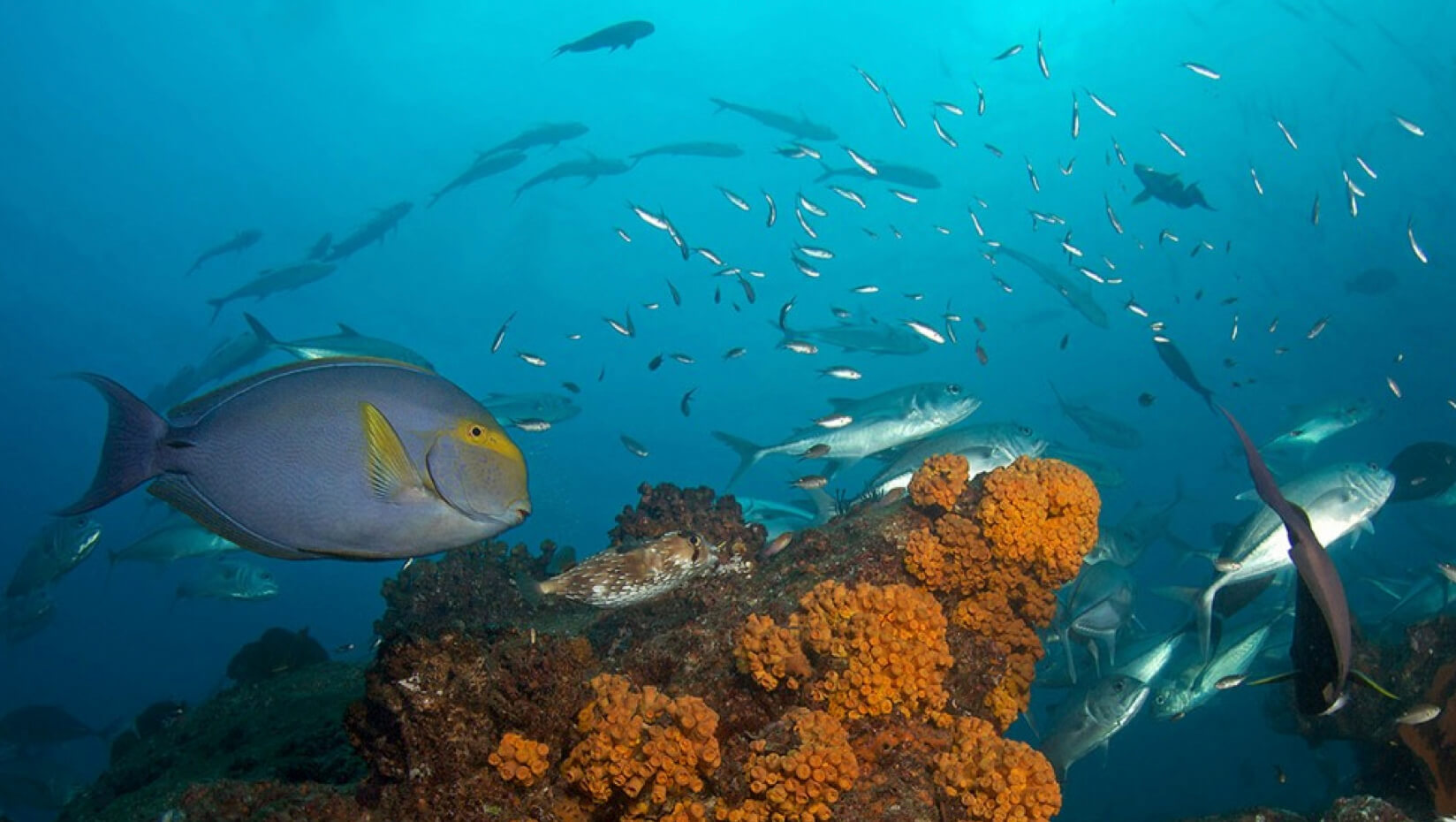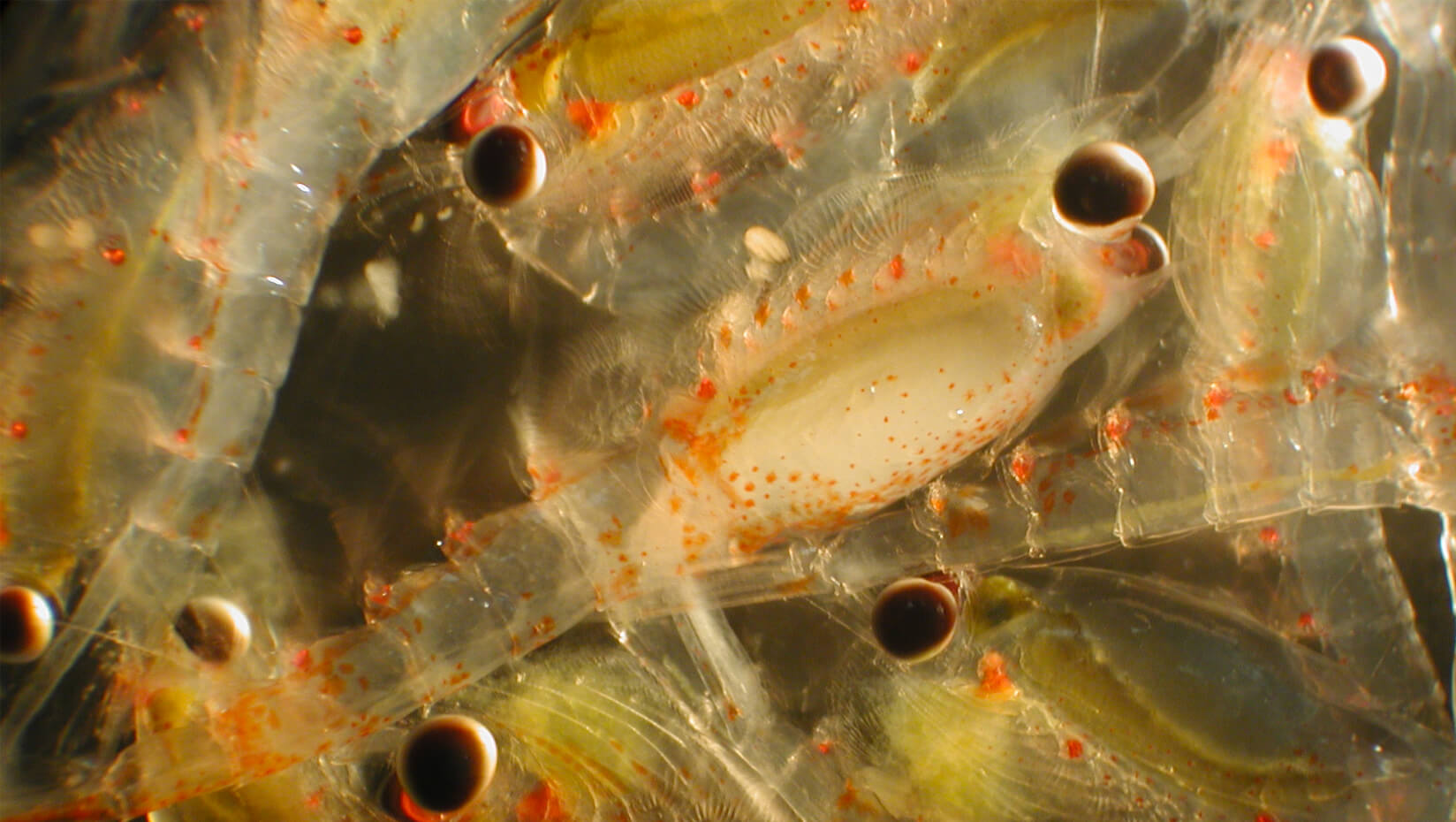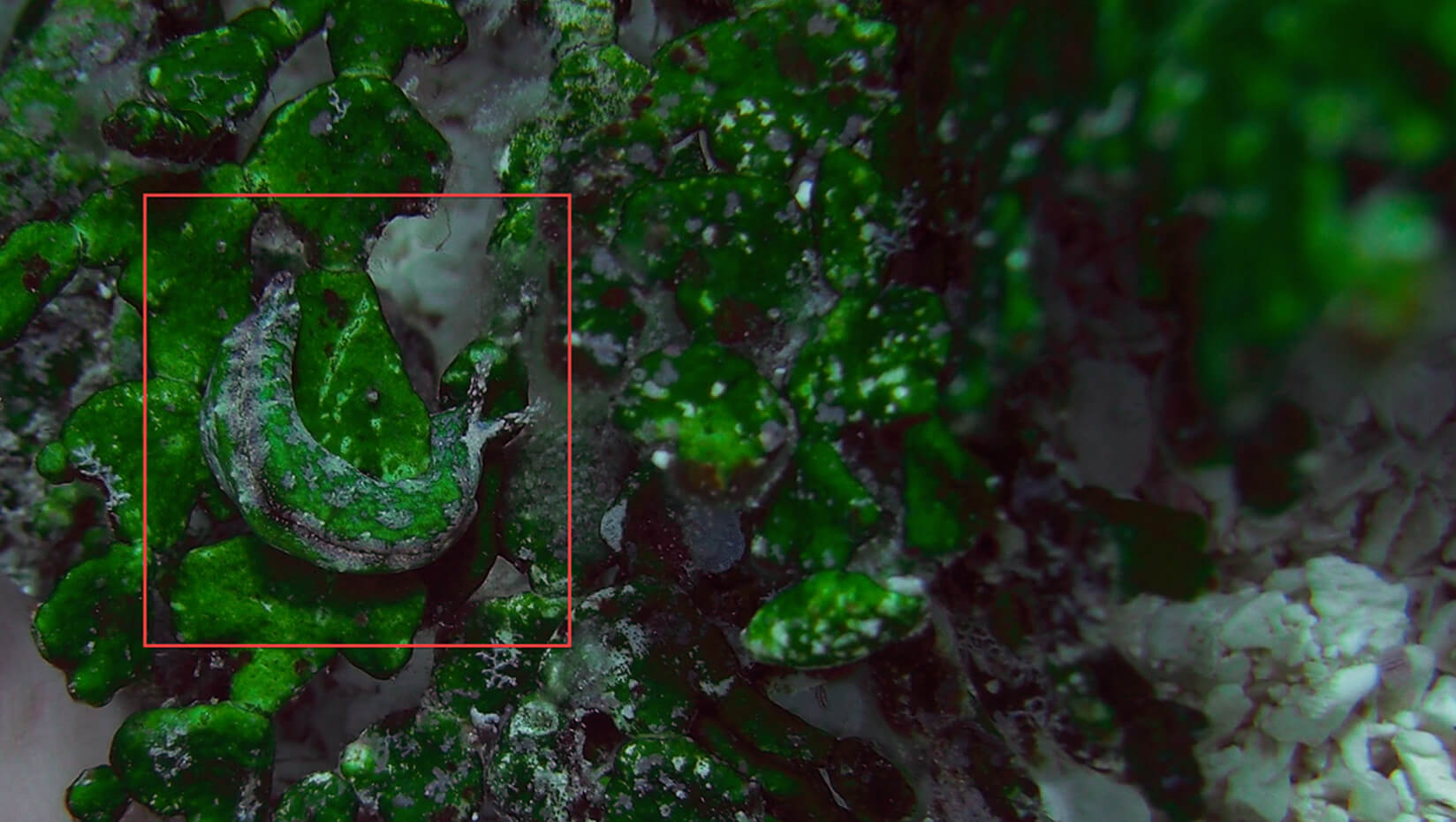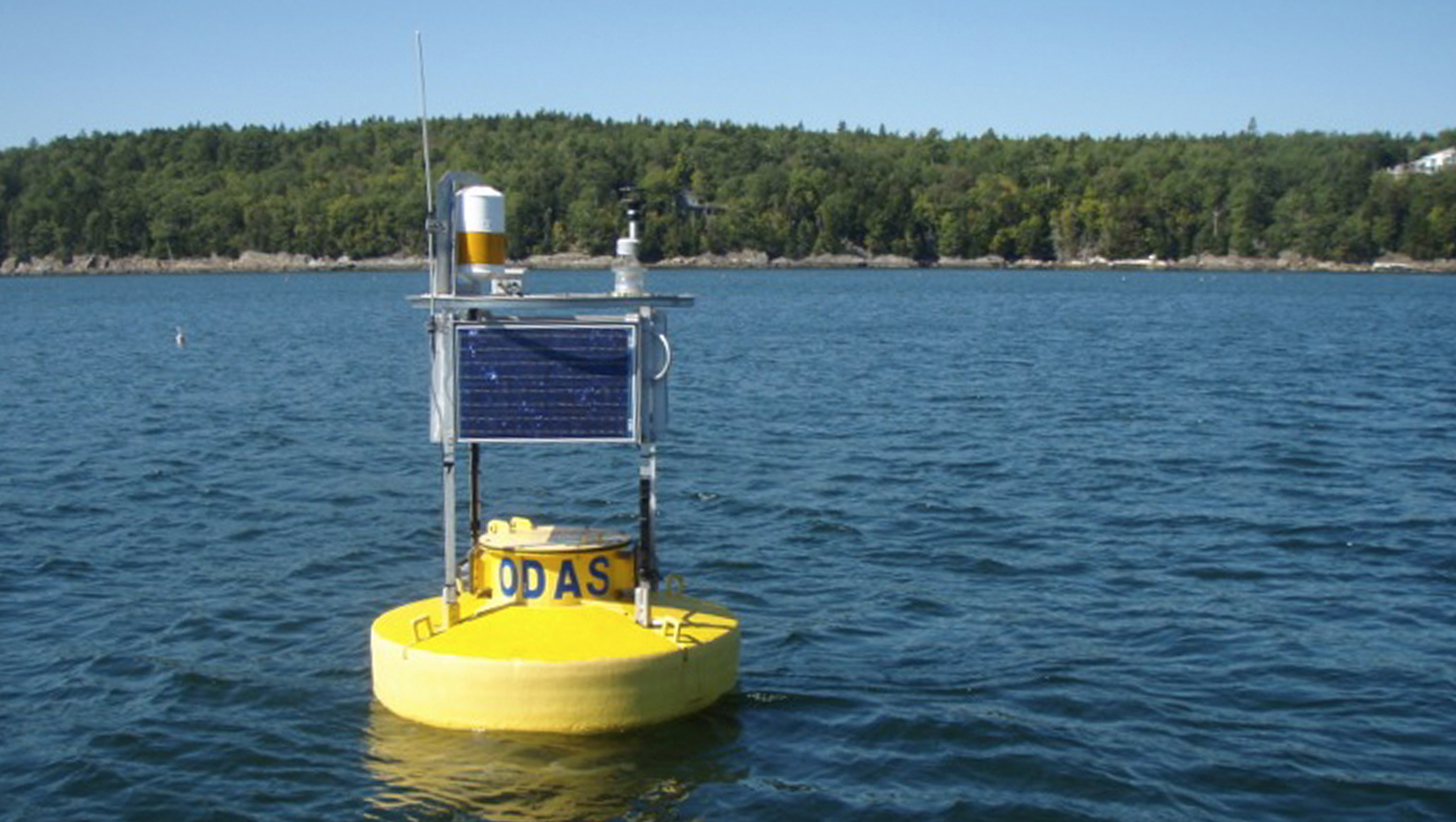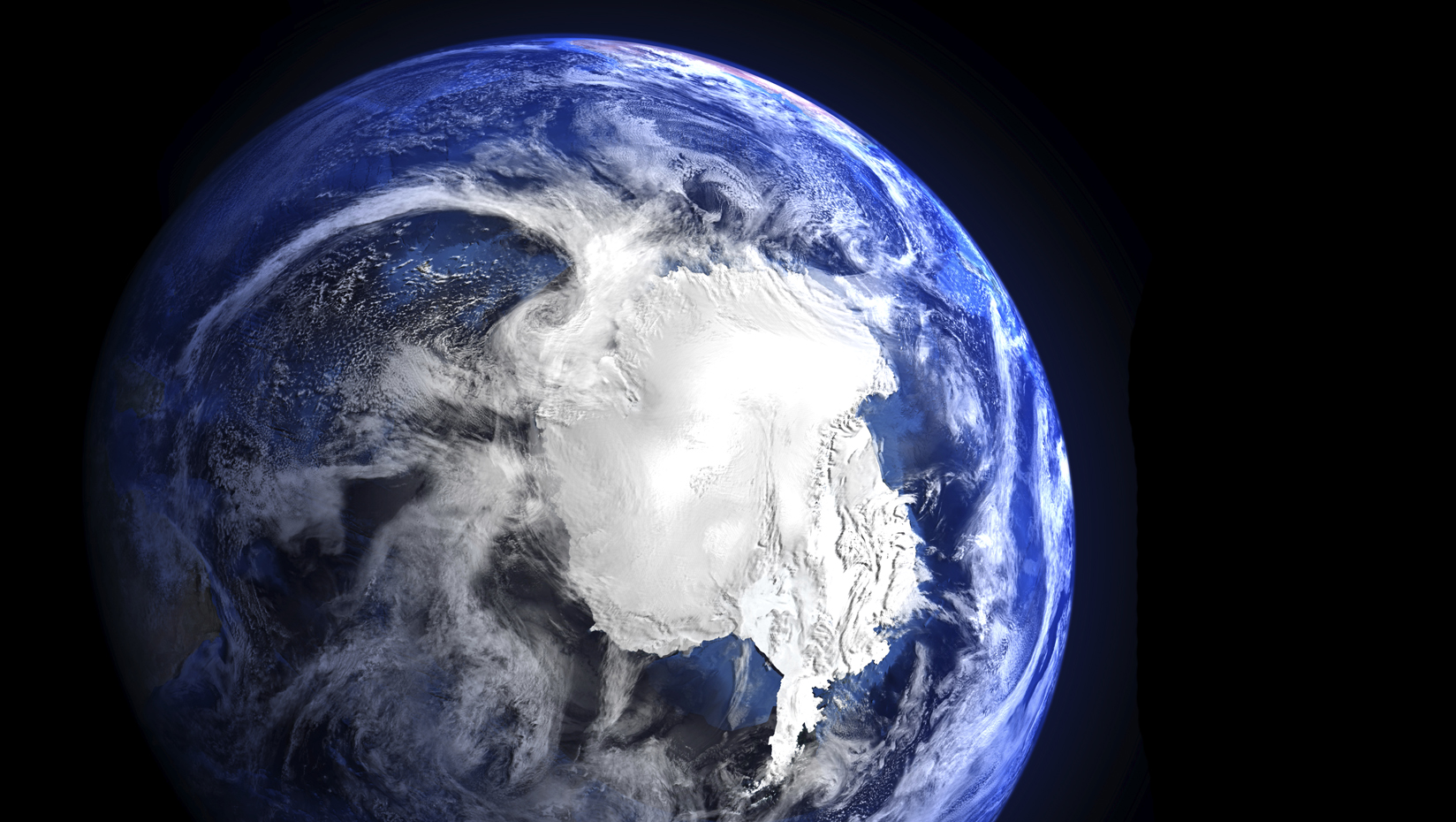Human-marine environment interactions crux of DMC director’s study
Heather Leslie, director of the University of Maine Darling Marine Center, is leading a research project to deepen her interdisciplinary investigations of ecological and human dimensions of small-scale fisheries in Mexico’s Baja peninsula. A $1.79 million award from the National Science Foundation’s Coupled Natural and Human (CNH) Systems Program funds the three-year project. “My studies […]
Read more
